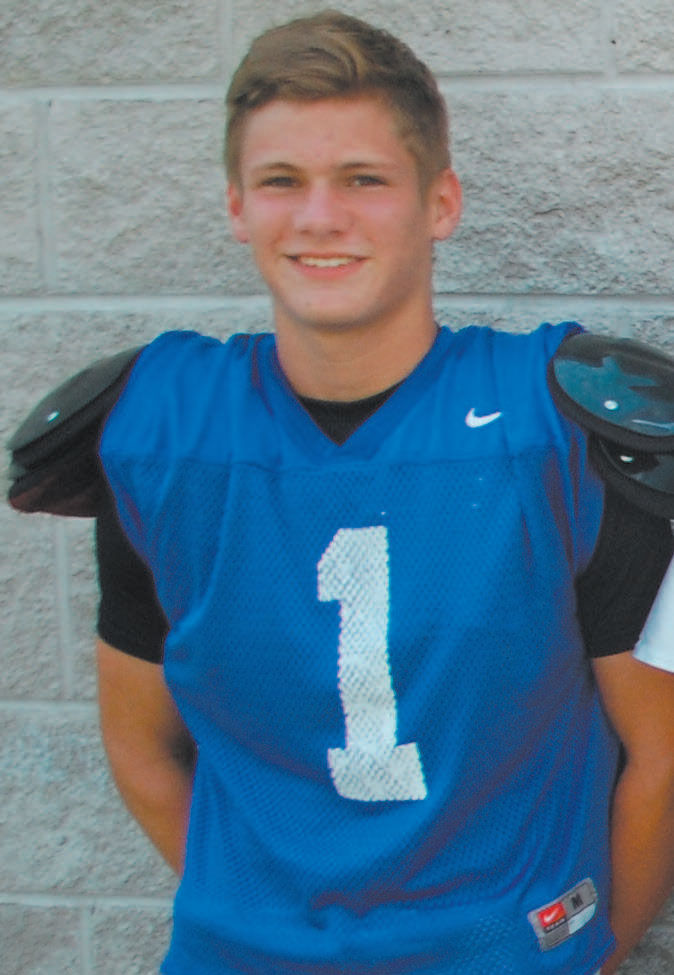
PLAYER OF THE WEEK
November 11, 2015
Terrebonne sheriff’s federal grant records questioned
November 11, 2015Some stories we learned as kids can have a profound influence on our adult behavior. Take the Aesop fable of the sun and the wind.
“The wind and the sun argued one day over which one was the stronger. Spotting a man traveling on the road, they sported a challenge to see which one could remove the coat from the man’s back the quickest.
“The wind began. He blew strong gusts of air, so strong that the man could barely walk against them. But the man clutched his coat tightly against him. The wind blew harder and longer, and the harder the wind blew, the tighter the man held his coat against him. The wind blew until he was exhausted, but could not remove the coat from the man’s back.
“It was now the sun’s turn. He gently sent his beams upon the traveler. The sun did very little, but quietly shone upon his head and back until the man became so warm that he took off his coat and headed for the nearest shade tree.”
The moral of the story is that we can win over more people with the warmth of love than with force or violence.
Indian activist Mahatma Gandhi once said, “Love is the strongest force the world possesses and yet it is the humblest imaginable.” Jesus urged us to make love the center of our lives because God is of love. The Rev. Richard Rohr tells us that the root of violence is the illusion of separation – from God, from being one with everyone and everything.
Notice the one common factor that perpetrators of mass shooting have in common. They were all loners. They had little or no social contact with others. That is why having a relationship with God and other individuals is so important. We all need love in our lives.
Another Aesop’s fable is the story of the Lion and the mouse. “Once when a Lion was asleep, a little Mouse began running up and down upon him. This soon wakened the Lion, who placed his huge paw upon the Mouse and opened his big jaws to swallow him.
“‘Pardon, O King!’ cried the little Mouse, ‘Forgive me this time. I will never repeat it and I will never forget your kindness. Who knows, but I can probably do you a good turn one of these days?’ The Lion was so tickled at the idea of the Mouse being able to help him that he lifted up his paw and let him go.
“Sometime later a few hunters captured the King and tied him to a tree while they went to get a wagon to carry him. Just then the little Mouse happened to pass by, and seeing the sad plight of the Lion, ran up to him and soon gnawed away the ropes that bound the King of Beasts. ‘Was I not right?’ said the little Mouse, very happy to help the Lion.”
The moral of the story is: little friends may prove to be great friends.
We all have something to give in life. If we only compare ourselves with others, the perceived intelligence or talents may overwhelm us. We have to look at our own giftedness and not compare ourselves with others. God has given each of us unique gifts and talents. They might be difference from what we see in others. We have to use our gifts whatever they may be for the good of others.
St. Paul in his letter to the Corinthians says, “What do you have that you did not receive? And if you received it, why do you boast as if it were not a gift? (1 Cor. 4:7) We are all meant to share even our smallest gifts with others. •






